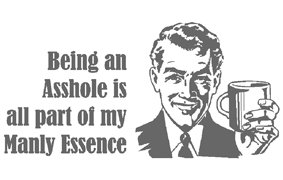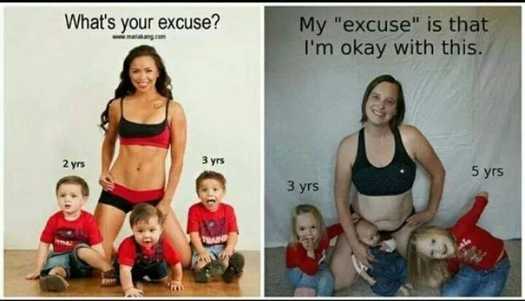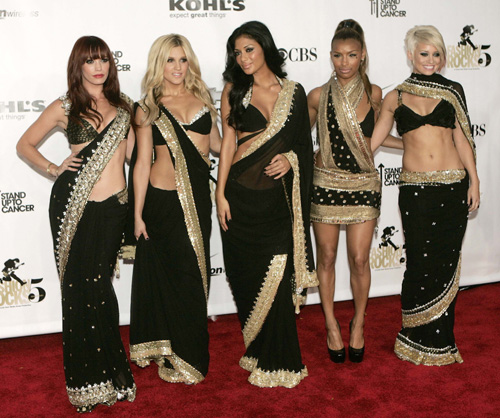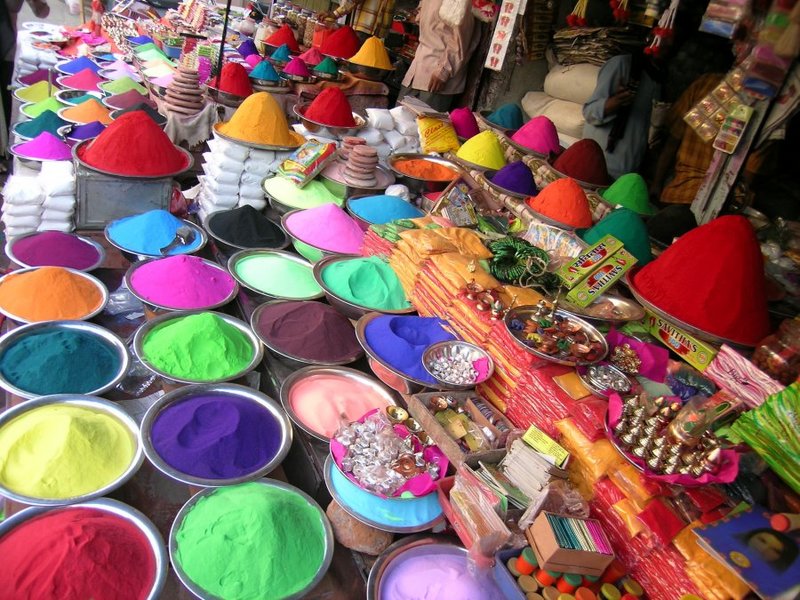by Kimberly Jow, Change Maker
Hey you,
Here is a tweet I saw you retweeting, which inspired my letter to you.
Internalised misogyny is upsettingly common. The words flash in my head like the visual representation of a siren whenever I hear the words, “I am not like other girls.” So no, you are not alone, and here is why that is a problem.
The composing of this tweet was deliberate. Social media lulls you into a false sense of anonymity, as if you can truly escape responsibility for the things you say on Twitter. In truth, tweeting something offensive is pretty much akin to inviting all your followers into a conference room and shouting your tweets at them through a megaphone. For the person running the above account, that comprises many, many people, most of whom she probably doesn’t know in real life. For us non-famous Twitter users, though, the conference room may be smaller, but remains valid. Composing a tweet like this lets all your Twitter followers know that you find girls annoying, and that you hate the fact that you are one. It tells them many things: that you are ashamed of your own gender, that girls are to be hated, and most importantly, that it is perfectly fine to shame girls – all girls – for one apparently unforgivable quality that you think should be called out. Tweeting the less than 140 characters invites your barest online acquaintances to collectively witness your spitting on your entire gender.
 Retweeting this is close to writing the tweet. I barely know you, but I can tell from your tweets that you think this is funny, and it’s just a joke. To a tiny extent, it is. But that doesn’t make it harmless. The fact that you retweeted it allows your followers to see that you, an acquaintance of theirs, agree with its contents. This is no longer an “American thing”, nor is it that far off from their reality, because there you are, their classmate, their friend from church, or their neighbour, agreeing that girls are annoying and it’s terrible to be one. Suddenly, the tweet is no longer just hers. It is also yours. You have endorsed it and what it stands for.
Retweeting this is close to writing the tweet. I barely know you, but I can tell from your tweets that you think this is funny, and it’s just a joke. To a tiny extent, it is. But that doesn’t make it harmless. The fact that you retweeted it allows your followers to see that you, an acquaintance of theirs, agree with its contents. This is no longer an “American thing”, nor is it that far off from their reality, because there you are, their classmate, their friend from church, or their neighbour, agreeing that girls are annoying and it’s terrible to be one. Suddenly, the tweet is no longer just hers. It is also yours. You have endorsed it and what it stands for.
A woman’s validation of misogynistic comments is oftentimes used by sexist people to fuel their sexism, allowing them to generalise your acceptance of sexism to everyone.
Common usages of such validation includes the infamous words, “I have a female friend who agrees that…”. (At this point, I’m not too sure if people do say this elsewhere, or the exceptions who say this are just constantly around me, but the prevalence of this phrase in my social circle shrouds me like a suffocating cloud of unprocessed raw wool from some kind of sexist sheep.) Sexists who see your retweets can and have used it as validation of their own problematic attitudes. For example, a man could tell a woman that girls are all annoying, and bring your retweet up as evidence in the face of rebuttals.
I know you didn’t mean to do all that. But intent is not impact. The fact that you have attempted to alienate yourself from the rest of your gender suggests that you think your gender is not worth standing up for, and have invited others to attack them. This stands true whether or not you really meant to do so.

The above may sound accusatory and didactic, or unnecessarily harsh, but you have indeed accidentally done all of this. While my words are not coming from a place of anger nor blame, I do want to reach out to you and tell you the effects of your actions. I think it is time you put aside your desire to tell girls in short skirts that they are sluts, or your love for books as something other girls don’t have that makes them stupid. I also think it is time you stop seeing men’s approval as the ultimate goal for everyone, nor seeing misogyny as a tool to be more relatable to men. The road to eradicate sexism seems daunting, but small steps like changing your attitude towards fellow women is actually a great leap.
I am sorry that I never dared to actually tell you any of this, but I know it isn’t too late. I am happy that we can keep working to fight for your right to stand amongst men as equals, and I can only hope that one day you will join us.
About the Author: Kimberly is a somewhat ambitious NUS undergraduate who has always dreamed of writing her own About the Author section. She retains much hope for eventual equality, and is willing to fight the currents to get there.









 At the risk of simplifying the issue, I would appeal to the users of the “TATRP” argument to stop. By using victims of violence to silence feminists, you are using real people, with real experiences and emotions as a tool, an object to get your way. They may not directly experience your flippant cruelty, but it shuts down any form of viable discussion with members of your own society. I understand that it may not have been your intent, but I would ask that you hesitate before you adopt a “TATRP” tone; devaluing one’s struggles does not help alleviate the other.
At the risk of simplifying the issue, I would appeal to the users of the “TATRP” argument to stop. By using victims of violence to silence feminists, you are using real people, with real experiences and emotions as a tool, an object to get your way. They may not directly experience your flippant cruelty, but it shuts down any form of viable discussion with members of your own society. I understand that it may not have been your intent, but I would ask that you hesitate before you adopt a “TATRP” tone; devaluing one’s struggles does not help alleviate the other.
 Why is such a forum allowed to exist? A forum where women are nothing but sexual objects to satisfy the fetishes of the users. A forum where women are trophies and prizes in the eyes of those users.
Why is such a forum allowed to exist? A forum where women are nothing but sexual objects to satisfy the fetishes of the users. A forum where women are trophies and prizes in the eyes of those users.
 Does this sound familiar? These statements are commonly directed towards fat people in attempts to control or police their bodies. Fat-shaming is the act of discriminating against a person because of their weight, and often involves publicly policing fat people’s appearance, behaviour, and attitude. We’ve all likely experienced fat-shaming as a victim, perpetrator or as both.
Does this sound familiar? These statements are commonly directed towards fat people in attempts to control or police their bodies. Fat-shaming is the act of discriminating against a person because of their weight, and often involves publicly policing fat people’s appearance, behaviour, and attitude. We’ve all likely experienced fat-shaming as a victim, perpetrator or as both. How is the policing of women’s body size misogynistic?
How is the policing of women’s body size misogynistic?


 As I got older, the gaming world grew as well. I started playing a few MMORPGs. In these games, I noticed that female characters always have great clothes, really big busts and just look really pretty. I remember spending a lot of time customising my character. Before I knew it, I started wishing that I could look like them. I even started altering my appearance, and buying accessories that looks like the character’s. Looking back, it was the first time I actually took notice of my own appearance and started being self-conscious. It affected me slightly, as I fought to attain the unachievable beauty of my character, spending hours in front of my computer screen and visualising myself looking like my character.
As I got older, the gaming world grew as well. I started playing a few MMORPGs. In these games, I noticed that female characters always have great clothes, really big busts and just look really pretty. I remember spending a lot of time customising my character. Before I knew it, I started wishing that I could look like them. I even started altering my appearance, and buying accessories that looks like the character’s. Looking back, it was the first time I actually took notice of my own appearance and started being self-conscious. It affected me slightly, as I fought to attain the unachievable beauty of my character, spending hours in front of my computer screen and visualising myself looking like my character.

